BMW has revealed an advanced new laser scanning system that promises to take the pain out of parking in tight multi-storey garages - and save you time doing so to as well.
The move effectively ups the ante in terms of bringing fully autonomous driving to the motoring masses.
Set to make its public premiere at the 2015 Consumer Electronics Show in Las Vegas early next month, BMW’s so-called Remote Valet Parking Assistant allows its latest research vehicle to park itself fully automatically and then be hailed again – all via a simple spoken command into a smart watch app.
Based on a modified version of the BMW i3, the new BMW uses four state-of-the-art laser scanners to continuously examine its surroundings and provide guidance to a separate operating system that oversees the primary autonomous driving functions of propulsion, steering and braking.
All the driver has to do is pull up at the entry to the parking garage and active the Remote Valet Parking Assistant app.
In combination with the latest in millimeter exact digital mapping technology, the new lasers are able to guide the i3 into multi-story parking garages floor-by-floor and fully autonomously until it detects a free parking space, at which point the Remote Valet Parking Assistant then parks the i3 without any assistance from a physical driver whatsoever.
The new system is not only able to detect the physical properties of the garage itself but also potential hazards, such as falsely parked cars and pedestrians.
Once parked, the i3 research vehicle sits stationary until being hailed again – when the process is reversed.
The new laser technology operates without the assistance of GPS signals, which are often inaccurate in built up areas. BMW also claims its new Remote Valet Parking Assistant, developed in partnership with German company Continental, does not require expensive changes to the infrastructure of existing parking garages.
BMW has not announced when it expects to make its new Remote Valet Parking Assistant available on regular production models. However, the German car maker suggests elements of the new system will be used to assist physical drivers, providing automatic braking when hazards are detected in parking maneuvers within the foreseeable future.
Among the production models which could benefit from the new technology is BMW's flagship 7-series, which is currently in development and is scheduled to launch in 2016.
At the 2014 Consumer Electronic Show, BMW detailed an autonomous driving function that allowed a modified M235i to perform drifts without the need for a physical driver. You can see the self-drifting M235i in the video below.
Volkswagen has also shown its own plans to introduce a self-parking system, likely in 2016.
Get the latest car news, reviews and galleries from Autocar direct to your inbox every week. Enter your email address below:

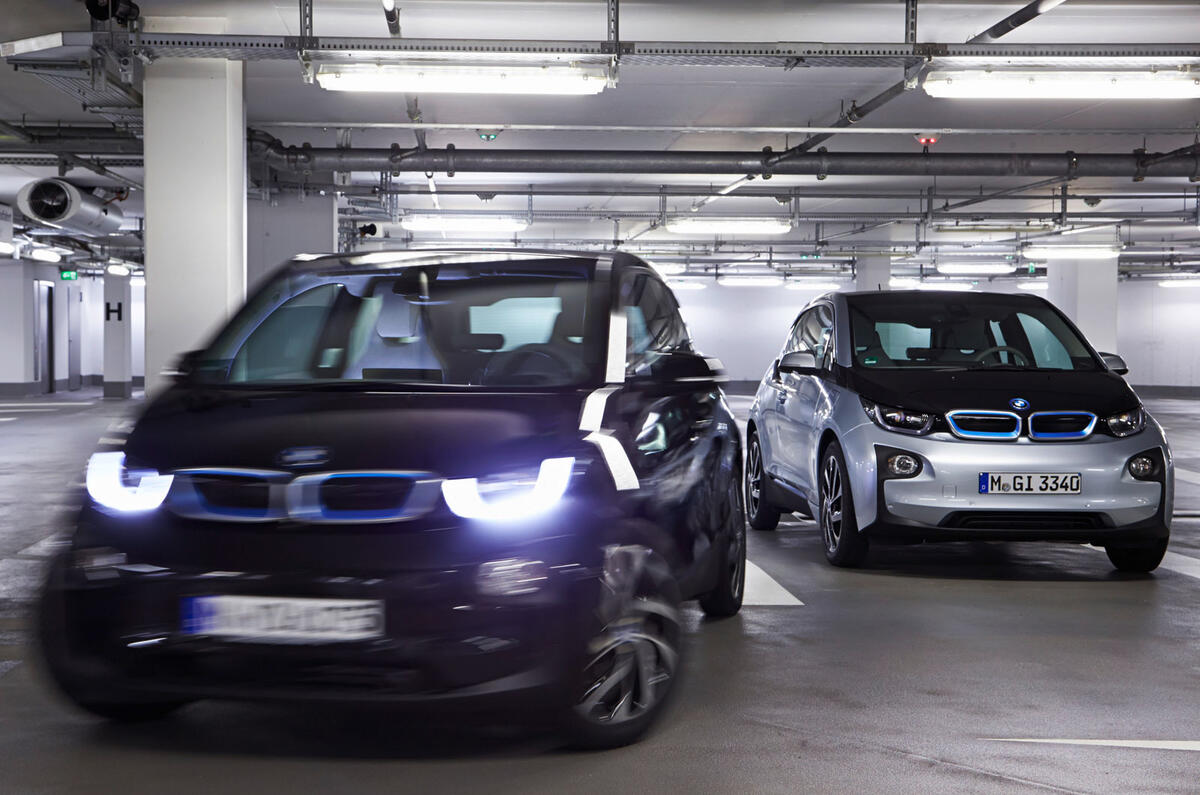
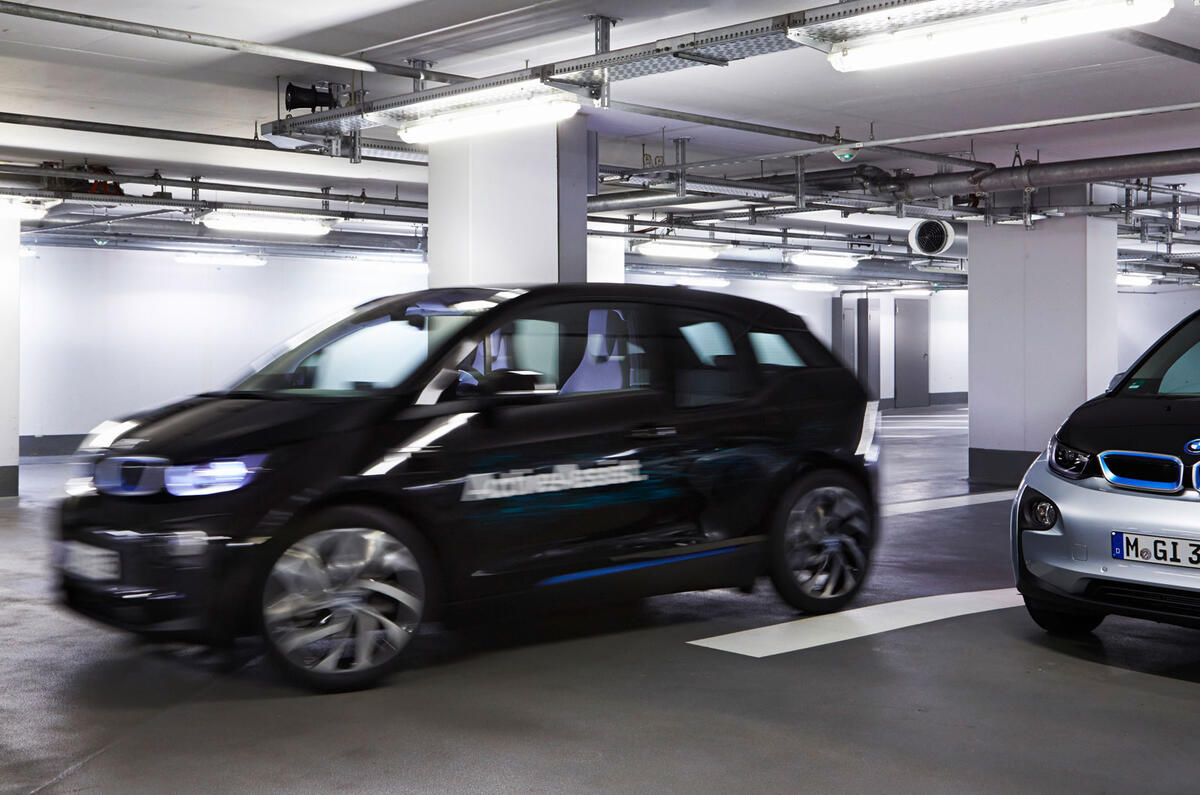
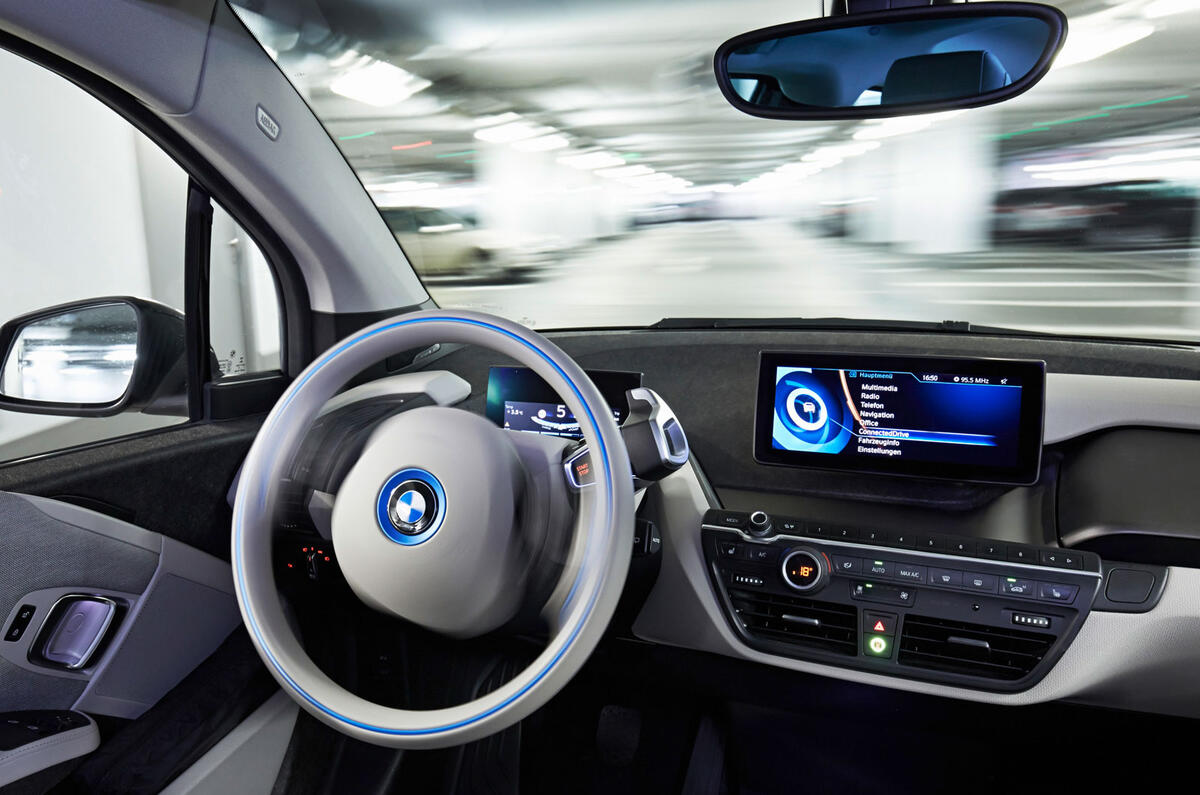
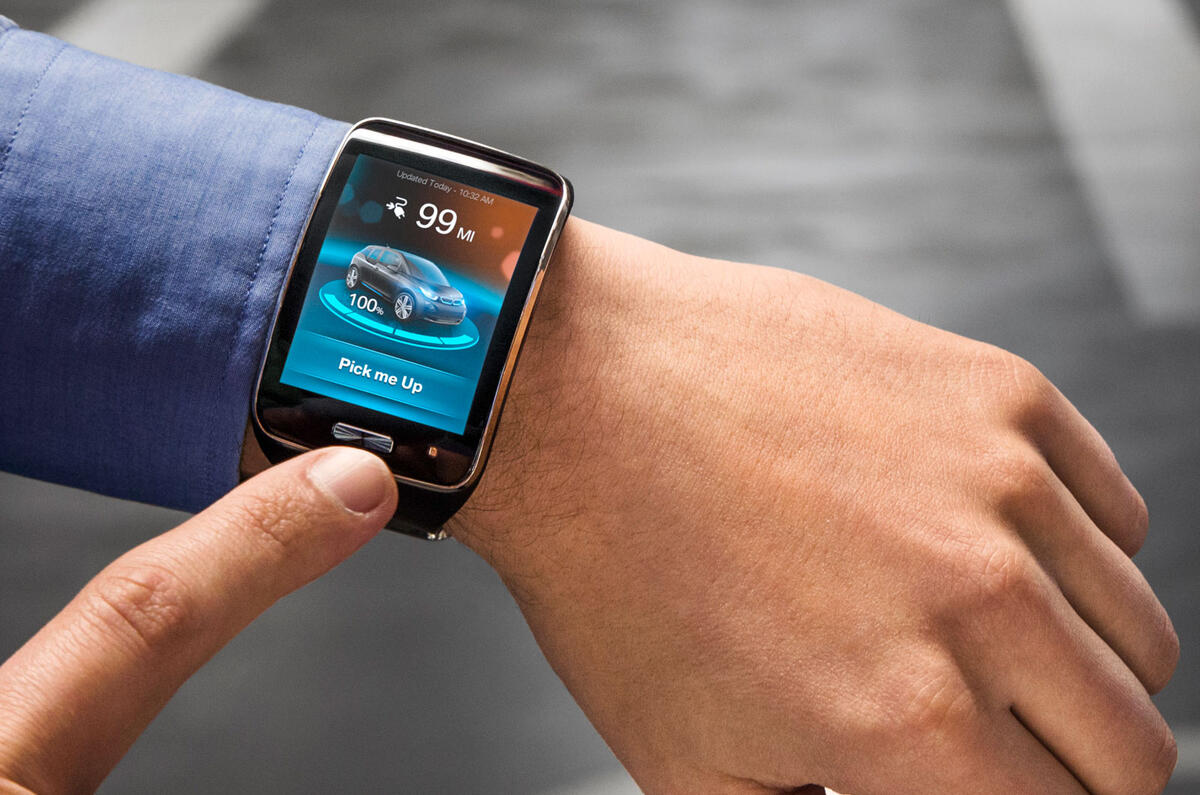


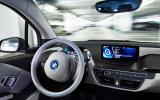



Join the debate
Add your comment
Nothing new
https://www.youtube.com/watch?v=hBlOc79L0So
Volvo did this last year, but
Soudns like fun!